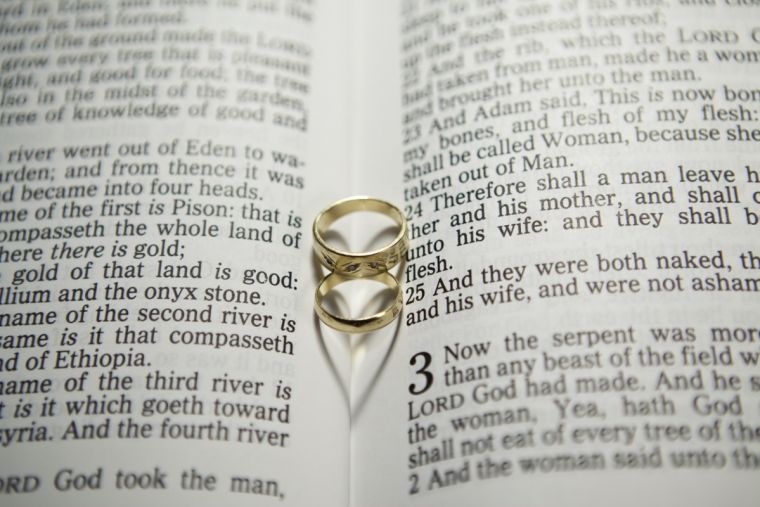Over 3,000 Christians have signed declaration on marriage, sex and identity

A declaration launched last month upholding a biblical view of marriage, sex and identity has surpassed 3,000 signatures.
The Greater Love Ministers' Declaration was launched by a group of ministers who have been leading voices in the campaign against banning so-called conversion therapy.
The declaration defines marriage as a lifelong union between a man and a woman, and rejects the belief "that all sexual desires and inclinations are sacred".
It asks ministers to show pastoral sensitivity to people struggling with same-sex attraction or gender dysphoria, while affirming the historic Christian position on these issues.
In just a few weeks, the declaration has been signed by nearly 1,300 ministers and pastoral workers from different denominations, and 2,000 other supporters.
Co-author Rev Dr Matthew Roberts, minister of Trinity Church York, said of the broad pastoral support, "That reflects the fact that this is merely a statement of classic, historic Christian teaching on marriage, sex and identity. But within our churches, people are struggling over how to relate to the surrounding culture and how to positively articulate what the Bible says on these things.
"There are clear attempts to suppress Christian teaching by force of law, with proposals for a broad conversion therapy ban which would cover normal Christian parenting and pastoral care.
"When it comes to ordering our lives, including our sexual behaviour, we are to, as Jesus taught us, lay down our lives for others. That shouldn't be a radical message for Christians – but it is for our world!"
This was explored further at the Greater Love Conference held in London last week to support church leaders, pastoral workers and other Christians seeking to stand up for the Bible's teaching on marriage, sex and identity.
Dr Julie Maxwell led a session at the conference titled "Damaged childhood: how children are being harmed by early sexualisation".
She said, "Increasingly, Christian teaching on marriage, sex and identity is seen as harmful. And yet the real harm is being done by the sexualisation of children that is becoming more and more apparent in our society.
"The Greater Love Declaration encourages and empowers church leaders and parents to be confident in the goodness of relationships as God intended them to be."
Rev Dr Ian Paul explored whether the Church has been consistent in its teaching on marriage and sex. He suggested that the Church needs to be more proactive than reactive.
"One of the things that's happened I think in many churches, is that as the pressure from culture on traditional forms of marriage and family life have come to bear, there's been a strange silence," he said.
"Because this issue suddenly became controversial, churches have kind of been caught off guard. Partly because the pace of change has been so rapid, many churches have not caught up in terms of teaching and engaging with the subject.
"Too often we are in reactive mode. Something happens in society or culture, or something hits the headlines, and immediately the temptation is to step in and say it's wrong, or why we disagree with it.
"We need to be much more positive in, rather than simply opposing different things that come up, saying 'look there's something wonderfully positive here – a positive view of marriage, of sex, of sexuality and of relationships'."











